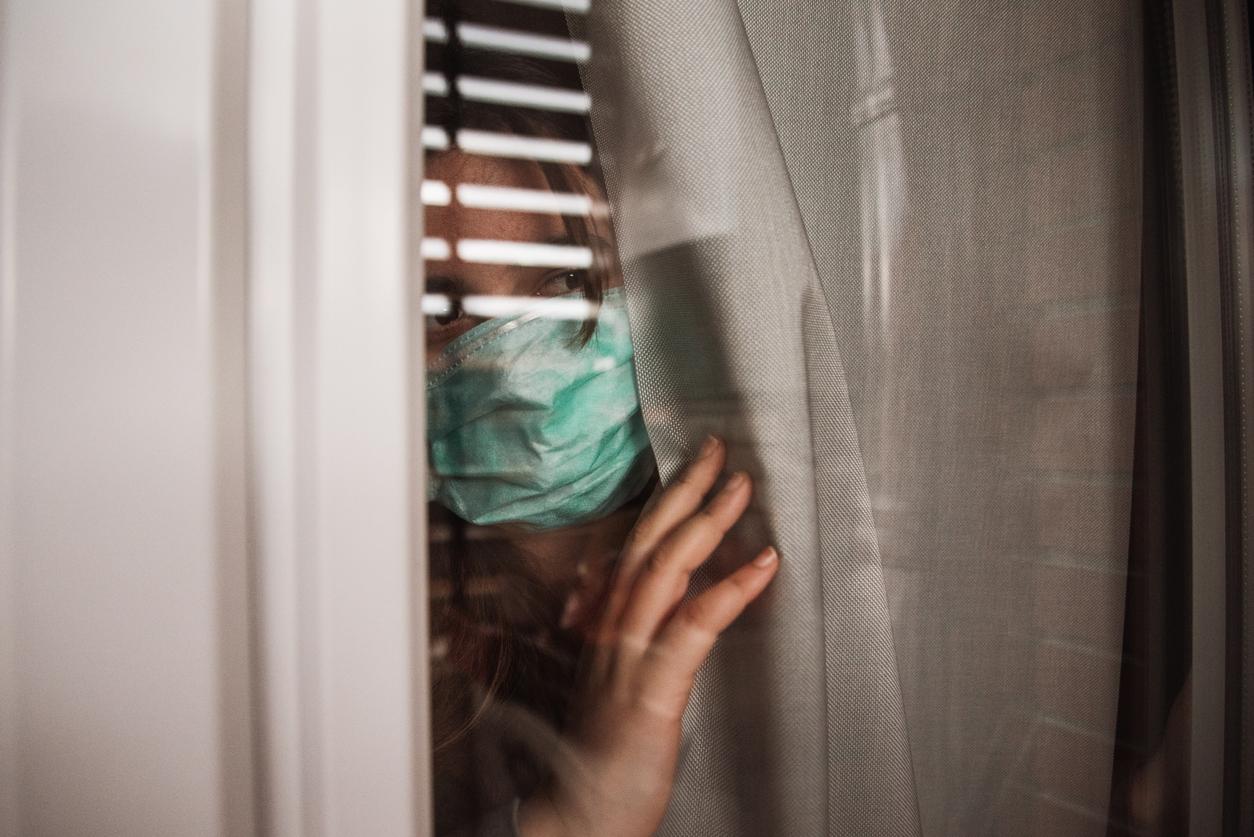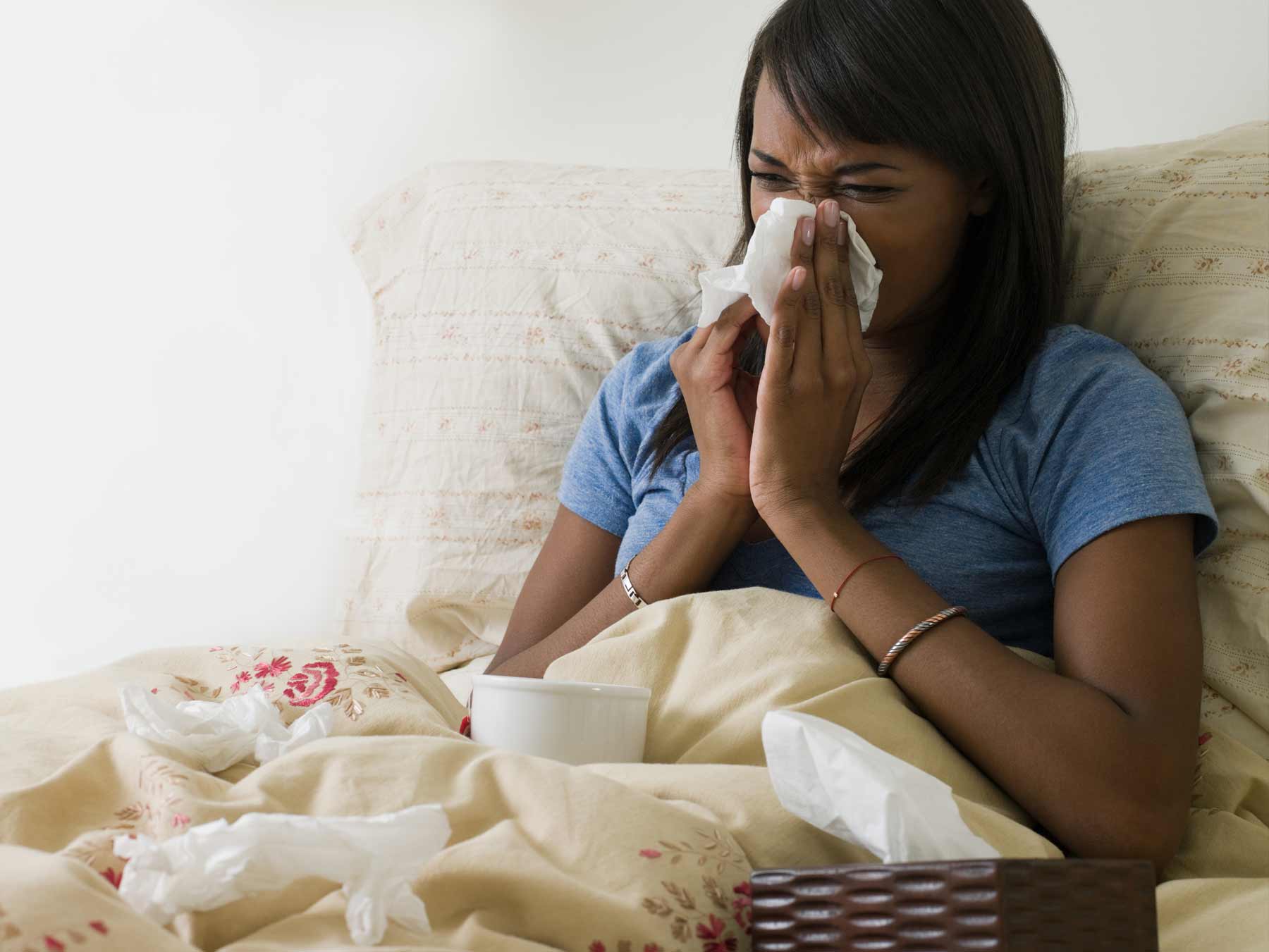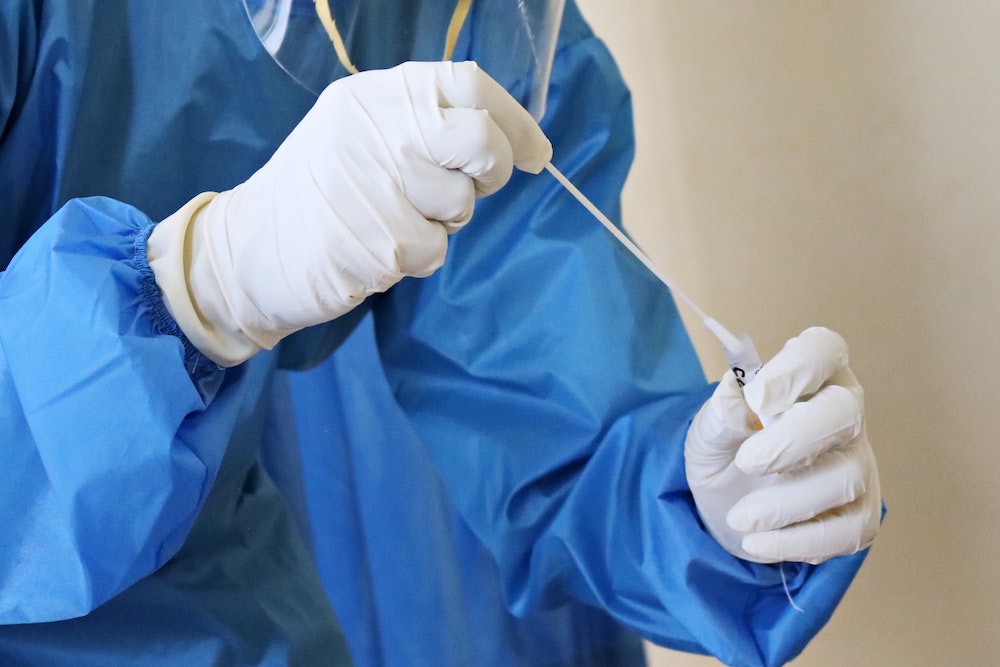Coronavirus is still spreading worldwide, with more than 17 million cases reported to date.
Some countries, such as the USA, India and Brazil, continue to see a rise in the number of cases, but the number of new infections is now falling in many countries in Europe, south-east Asia and beyond.
Reassured by this drop in coronavirus cases, these countries have relaxed their lockdown measures, and workplaces, gyms, restaurants and international borders have reopened.
But could this lead to a rise in coronavirus infections in the coming months as people start spending more time together?
Cities in Iran, Australia and Spain have already seen outbreaks of coronavirus. More localised outbreaks have also occurred in places such as hospitals, factories, farms and places of worship.
So, how can this be avoided and what can you do to help prevent or prepare for a new outbreak?
How you can help to prevent new coronavirus outbreaks

1. Keep up your new habits -- even when infections are low
It’s now clear that we’ll be living with coronavirus for some time, and this means that the new habits you’ve had to pick up in recent months need to become a way of life.
Even if infection rates are low where you live, you’ll need to continue:
- keeping a safe (social) distance from others whenever possible
- wearing a face mask when you go out
- practising good hygiene, like washing your hands often
- limiting contact with other people and keep group gatherings small
“Those habits create a low-risk environment,” says Dame Anne Johnson, professor of infectious disease epidemiology at UCL and vice-president of the UK’s Academy of Medical Sciences. “If we all collectively (follow them) we will keep the virus at a low level.”
But Johnson says she’s noticed that as infections go down, people are going out and not taking as much care. This will inevitably lead to small outbreaks.
“Continue to be very careful,” she advises. “We know how this virus is transmitted now and we can mitigate (reduce) it.”
2. Isolate immediately if you see any signs of an infection
One of the most effective ways to prevent the spread of coronavirus is to isolate yourself as soon as you think you may be infected, says Johnson. You should also do this if you’ve been in touch with somebody who's been infected.
“Stay out of the way...and get tested as fast as you can,” she adds. “If people delay and continue going about their business, that’s how you go on spreading it.”

3. Question your environment
It can also help to ask yourself certain questions when meeting people in a public spot or inviting them into your home. If you’re meeting friends in a pub, cafe or restaurant, Johnson says you should find out if:
- there’s good ventilation in the venue
- there will be too many people there to be able to keep a proper distance
- everything is cleaned regularly
- staff are wearing masks and keeping a distance
If you’re worried about the answer, think about what you can do to lower the risk and if you should meet in a different place.
"Those habits create a low-risk environment" — Dame Anne Johnson
4. Be prepared for winter
It’s common for viral infections like flu to rise when cold winter months arrive and experts suspect this may also be true for coronavirus. That’s because as temperatures drop, people spend more time socialising indoors with their windows closed and in close contact with each other.
It’s also thought that coronavirus is able to survive longer in colder, darker winter conditions.
Data shows that countries facing winter at the moment haven’t necessarily seen a rise in flu cases. In fact, Australia has seen a big fall this year. Lockdowns and social distancing may have helped keep infections low, but this was also near the start of the pandemic, warns Johnson.
Findings from a report by the UK’s Academy of Medical Sciences, which Johnson co-authored, suggest that hospital admissions from coronavirus infections during winter in the UK could reach a similar level -- or worse -- than the first peak of hospital admissions in spring 2020.
But there are things you can do to help prepare and protect yourself, if this happens
“People at high risk should make sure they go out and get their flu vaccine,” says Johnson. Contact your doctor or pharmacist for advice about how and when to get one.
And because it may be difficult to be able to tell if you have flu or coronavirus, “the advice is the same -- stay out of the way and get tested,” she adds.
“We know how this virus is transmitted now and we can mitigate it” — Dame Anne Johnson

Keep up the good work
Whatever happens in the coming months there are 3 things you can do to stay as safe as possible: keep up your good hygiene habits, err on the side of caution and stay on top of guidance in your area.
If you develop symptoms that could be coronavirus or the flu, you should speak to a doctor. It may also help to use our Self-Assessment Tool or Coronavirus Risk Assessment to find out more.
Got a symptom you’re concerned about?
Find out if you need to see a doctor with our Self-Assessment Tool
Key points
- If you have any symptoms of coronavirus or flu, you should isolate yourself immediately and get tested as soon as possible
- you should continue to keep a distance from others, wear a face mask in public and wash your hands regularly
- limiting contact with other people and keep group gatherings small to lower the risk of spreading coronavirus
- it’s okay to meet people and to go out but stay aware of your environment and whether it’s safe
- continue to be careful when the weather cools down and you spend more time socialising indoors






